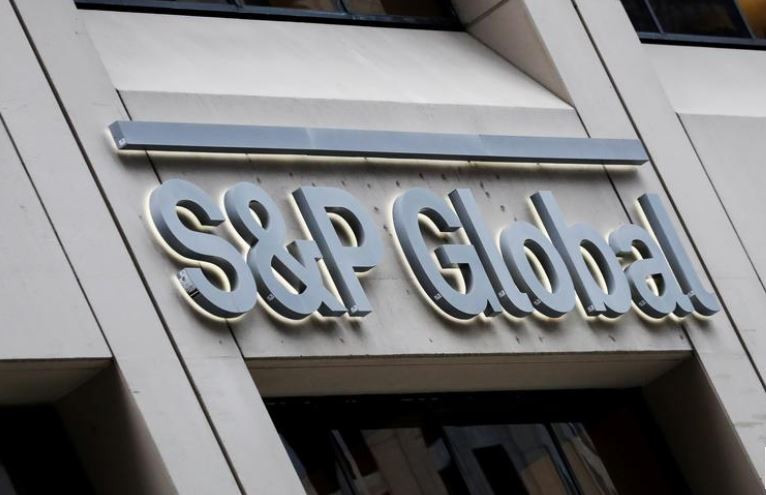Popular Reads
Top Results
Can't find what you're looking for?
View all search resultsPopular Reads
Top Results
Can't find what you're looking for?
View all search resultsIndonesia's COVID-19 policy to heighten credit risk: S&P
S&P Global Ratings has maintained its BBB with negative outlook forecast as the spike in COVID-19 cases and the government's restrictive response to contain the pandemic delay economic recovery and complicate corporate refinancing.
Change text size
Gift Premium Articles
to Anyone
D
elayed economic recovery is weighing on Indonesian companies and the state budget to heighten credit risk in a country that already compares unfavorably to other regional markets, says S&P Global Ratings.
"Existing credit buffers on Indonesian ratings will be chipped away if ongoing lockdowns are prolonged," S&P Global Ratings credit analyst Eunice Tan warned in a statement published on Thursday.
Read also: Credit risk remains high in Indonesia despite recovery: S&P
In view of the surge in COVID-19 cases and the countermeasures adopted by the government, the New York-based credit rating agency has lowered its 2021 Indonesian GDP forecast to 3.4 percent from 4.5 percent the previous month.
As a result, the rating agency has projected a state budget deficit of 6 percent compared to the government’s more optimistic estimate of 5.7 percent.
While S&P Global Ratings maintained Indonesia’s long-term sovereign debt rating at BBB with a negative outlook, the agency’s sovereign credit analyst Andrew Wood said in the statement that "higher deficits and a lower revenue base would place additional pressure on Indonesia's interest burden debt metrics".
As for the macroeconomics picture, one of the few bright spots in S&P’s latest assessment is that improvements in foreign markets had led to growth in goods exports, but this is of little help to companies reliant on domestic sales.
“Mobility-sensitive sectors such as retail, cyclical transportation and tourism could see problems compounding,” the statement read, and that refinancing conditions would “remain tight” amid banks being selective about granting credit.
“This and the slower recovery could widen divergence in credit quality among Indonesian corporates,” it said.
Read also: BI expects muted inflation, looks to ‘nudge demand, growth’
The S&P report added that nearly 40 percent of its outstanding ratings on nonfinancial entities “remain on negative outlook or CreditWatch with negative implications as of [July 12]. Relative to other countries' rated corporates in Asia-Pacific, this is the highest negative proportion”.










